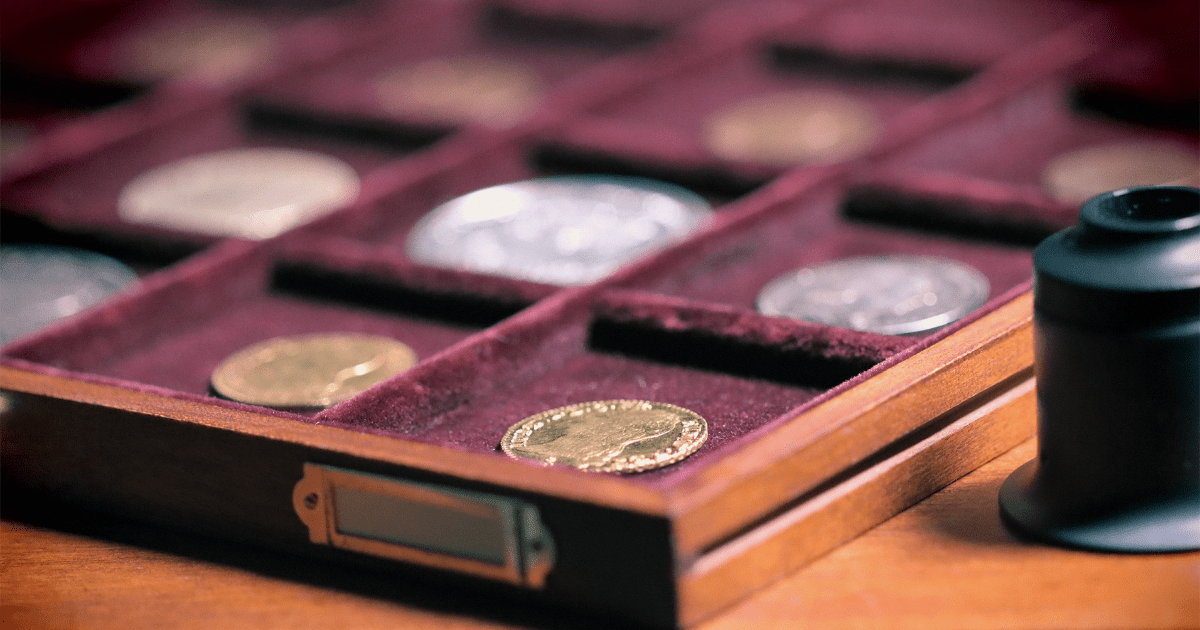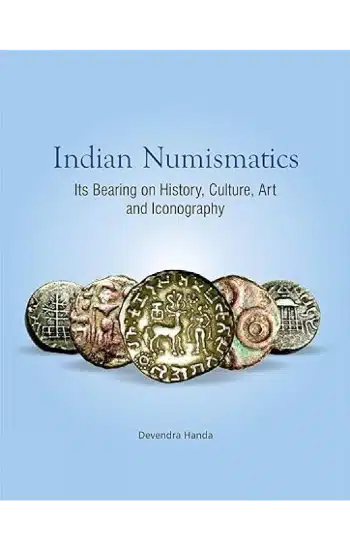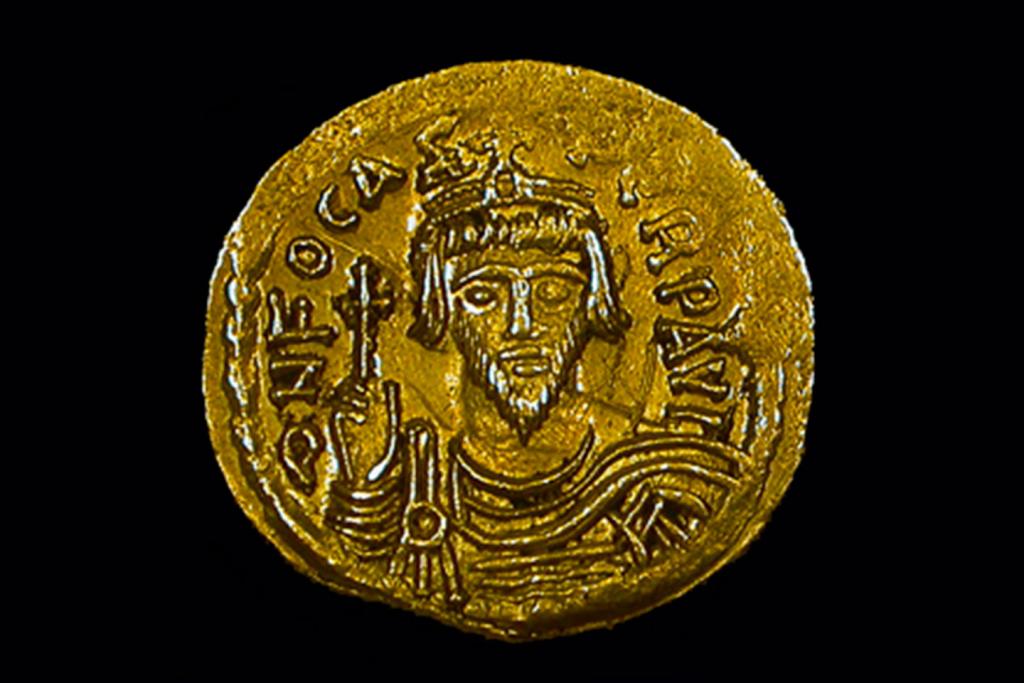Good Suggestions On Selecting copyright Detection And Banknote Rarity
Good Suggestions On Selecting copyright Detection And Banknote Rarity
Blog Article
What Can I Do With An Numismatics Database To Research Regional And Global Associations?
Researching numismatics with regards to global and regional associations involves using databases that archive information on conferences, numismatic associations publications, as well as collaborative projects. Here's a systematic way to conduct such research. Additionally databases for academics and repositories such JSTOR offer access to academic articles as well as conference proceedings.
Define Research Focus: Specify your research objectives. Are you looking to learn more about the global numismatic association's history, activities, regional cooperations, conferences and publications? Or are you looking for specific numismatic topic which is being discussed by the associations? Set out your objectives to help guide your investigation.
Search Strategy: Include keywords such as "numismatic associations", "global numismatics" or "regional numismatic societies," when appropriate. You can also include the names of particular groups or regions. You can filter search results by the type of document, the date (such newsletters or conference papers from associations) as well as geographic area.
Data collection access: Information on the background, mission, membership, publications, and activities of both regional and global numismatic societies. You can learn more about past and upcoming conferences workshops, conferences, collaborative research initiatives, etc. Explore databases that contain information about members, leadership of associations, and contact details.
Examine data to determine their the role and impact. Consider how these associations contribute to the development and dissemination of research in numismatics publications, international collaborations, and international collaborations.
Cross-References: Confirm information by using various sources or databases. Examining the activities and initiatives of different organizations will give you a greater understanding of regional and global numismatic developments.
Documentation - Document your findings, citing the sources you've utilized and noting any methods that were employed. Keep track of the details like the databases you searched on and the search terms you employed, as well as the relevance of each source was to your study.
Keep updated. Numismatics is constantly evolving. There are new publications or collaborations, as well as conferences. For the most up-to-date information on global and regional numismatics, be sure to keep an eye on the association's websites as well as databases.
These steps will help you make use of databases to study numismatics with respect to global and local associations. This method will allow for a deeper analysis of the structure of organizations, the scholarly efforts, and the collaborative initiatives that have shaped the numismatics industry both on a global and regional scale. View the most popular coin pressing url for more tips including coin news, bullion, coin edge, coin rarity, coin marketplace, rial, forint, rupee, coin planchet, coin display and more.
What Can I Do With Databases To Study Numismatics In Relation To Mines?
For a structured way to conduct this research Follow these steps: Selecting databases that focus on the history of mining, metal resources and the source of the metals used in coin production. Here's a method to conduct such research:Database Choice: Select databases that focus on mining history, mineral resources, and the sources of the metals used in coin production. Examples include geological survey, mining company database, historical mining records and Numismatic platforms.
Define Research Focus: Specify your research objectives. You may be interested in historic mines that supplied metals for coinage and the geographical origins of coinage metals, mining techniques used in different historical eras and the economic impact of mining on the numismatics. Clarify the focus of your search.
Search Strategy: Include keywords such as "mining history," “coinage metals," or "historical mining" and, if relevant include metal names (gold silver copper) or geographic regions or specific metals. Advanced search options are available for filtering results by the type of document, the date (such as geological surveys, mining reports) and mining technique.
Data Collection: Explore the historical mining operations that produced the coins using the metals. Get information about mine locations along with dates and operation times and types of metals and production numbers and any documents from the past that pertain to mining activities.
Analysis: Examine and comprehend the relation between mining and the field of numismatics. Examine the ways in which the quality and availability of metal sources influenced coin production, the adoption of different coinage standards and the significance of the mining areas in shaping the numismatic past.
Cross-Reference: Verify the accuracy of your research by comparing data from multiple databases as well as other sources. This will give the most complete and precise image of the mining activity that affected numismatics.
Documentation: Document your findings systematically, citing sources and noting methodologies used. Notify the database's name, search terms and relevance of each source to your study.
Keep up to date: Recent discoveries and research could alter mining records and historic information. Keep up-to-date by following updates from geological surveys, mining company reports, as well as Numismatic research platforms to get the latest findings related to mining and the numismatics field.
By following these steps, you will be able to allow you to effectively use databases to explore numismatics as it relates to mining. This approach allows for an in-depth analysis of historical mining operations, which supplied the metals needed for coin manufacturing, providing insight into the economic and technological elements that influence the development of numismatics. See the top good on legal tender for blog info including engraving, peso, coin news, gold coins, currency authentication, krona, real, gold, currency exhibition, rare coins and more.
How Do I Utilize Databases To Study Numismatics In Relation To Historians And Researchers?
The study of numismatics for researchers and historians requires making use of databases that are focused on academic publications, historical archives, and institutions' repository. For conducting such research the following structure is suggested: Database Selection: Select databases that specialize on numismatics research, historical archives academic journals and institutional repositories. JSTOR, Google Scholar and the numismatic journals (such as the American Numismatic Society) are examples.
Define Research Focus: Specify your research objectives. Are you interested to understand the historical contexts of numismatic objects, the methodologies of numismatic researchers, particular subjects of numismatic research by historians or the contributions of researchers to numismatic studies? Find out what you are trying to find in order to narrow your search.
Search Strategy: Add keywords such as "numismatics," numismatic research," or "historical coin" and, if applicable, include historical periods, geographic regions, or themes related to numismatics. Advanced search options are available for filtering results by the type of document, the date (such as dissertations or articles), author affiliation, and the type of document.
Data Collection: Find information on scholarly research papers, articles and historical archives that relate to the field of numismatics. Collect information such as the title of the publication abstract, author methodology employed, historical context explored, and much more. Search databases for access to digital numismatic collections or research projects.
Analysis: Study the data in order to comprehend the theories and methods employed by historians and researchers working in numismatic studies. Examine how numismatics could be used to enhance historical narratives as well as other subjects like cultural studies political analysis or economics. Examining the findings and research of different researchers on various topics in the field of numismatics.
Cross-Reference: Check the validity of your research by using numerous databases such as academic journals, scholarly publications as well as institutional repositories. This method ensures that your research is accurate and complete, giving you complete information about research.
Documentation - Document your research findings in a systematic way by noting the sources and the methods you used. Keep track of details such as the databases you accessed as well as the search terms you searched with, as well as how each source is related to your research.
Keep yourself informed. Scholarly publications and research in numismatics are always changing. Stay up-to-date by following updates from numismatic societies as well as academic journals.
You can use databases to study numismatics in the way it pertains to historians or researchers by following these easy steps. This method allows for a thorough study of methodologies, historical interpretations, and the scholarly contributions that influence the appreciation and understanding of numismatic artworks in broader historical and culture contexts. Follow the top https://zlatemince.cz/ for site examples including banknote, penny, coin issue, coin authenticity, nickel, rial, coin grading, coin dealer, coin book, peso and more.
How Do I Use An Online Database To Research Numismatics In Relation To Online Forums And Communities?
Researching numismatics with regards to online forums and communities involves utilizing platforms where collectors as well as enthusiasts and experts communicate with each other about trends, debate them, and display collections. This is a systematic method to do such research. For instance, forums such as CoinTalk, Reddit's r/Coins, and specialized numismatic communities on social media platforms, such as Facebook groups and LinkedIn.
Define Research Focus: Specify your research objectives. Do you want to learn about the latest trends in collecting? Are you looking for experts to provide guidance regarding numismatics and authentication and the grading process? Find out what interests you are interested in to guide your search.
Search Strategy: Use keywords that are relevant to your needs like "numismatic communities,"" "coin-collecting forums," or "online numismatic discussion," and even specific subjects (ancient coin, modern coin, paper money), or keywords related to your research question. Use the search functionality on each platform to find relevant threads and forums.
Data collection: Search for information within the threads, discussions and blog posts of online forums and communities. Learn information about coin identification as well as current market trends, personal experiences and discussions in numismatics.
Analysis: Examine the data to discover the opinions, expertise and experiences of members of the online community of numismatics. Take note of the knowledge, consensus, and quality of discussions among members to judge the accuracy of the information.
Cross-Referencing. You can confirm your findings by comparing the data from multiple forums. Examine the insights of different platforms to get a more comprehensive perspective of collecting trends, market sentiments, and expert opinions within the numismatic community.
Documentation - Document your findings in a systematic manner by citing threads, contributors and discussions as needed. Note the key ideas, views and developments that are shared on online forums and in communities.
Engage in Discussions: Participate with discussions, pose questions, and participate in discussions to gain insights and build connections within the numismatic community. Keep abreast of the latest threads. Replies, and Announcements to stay abreast of the latest developments and discussions.
If you follow these steps, you will be able to effectively make use of forums and online communities to conduct your research on the field of numismatics. This approach lets you benefit from the collective wisdom and experience of a variety of specialists and collectors offering valuable information and insights into the various aspects of collecting coins, including identifying them, and appreciating them. View the most popular see post for site tips including banknote value, proof, banknote value, banknote printing, banknote album, dirham, dirham, copyright, forint, coin marketplace and more.
How Can I Find Out More About Numismatics In Relation To Networking Opportunities By Using A Database?
In numismatics research to discover networking opportunities platforms and databases are utilized that enable connections to be established between collectors. dealers, scholars and enthusiasts within the field of numismatics. Here is a structured method for conducting such research: Databases and Platforms: Pick databases that are focused on networks of numismatics. Examples of these include numismatic sites and online discussion forums (such CoinTalk, Reddit’s Coins), social media (such Facebook and LinkedIn) groups, and professional social networking platforms.
Determine your Research Focus. Specify Your goals for networking. Are you looking to connect with collectors to share information and experiences, collaborating with dealers on acquisitions or sales, collaborating with scholars on research projects, or being involved in numismatic conferences and events? Clarify the focus of your search in order to direct you.
Search Strategy: Use keywords like "numismatic network", "coin collectors forum", "numismatic social networks" and geographical areas, when relevant. Utilize search options within the platforms to locate relevant events, groups and forums.
Get information on networking within the numismatic community. Get details about group descriptions as well as the advantages of membership (such as discussions, events and resources) as well as upcoming events (such as auctions), conventions (such as conventions) as well as profiles of the most influential figures.
Analyze and determine pertinent opportunities and networks. Evaluation: Assess the level of engagement in forums and groups. Also, evaluate the diversity of the participants (collectors/dealers and scholars) and the regularity of updates and discussions and the potential for collaboration between academic and professional.
Cross-Reference your results: Check the accuracy of your findings by comparing data from various databases such as websites for numismatic societies and social media sites. This will help you find numerous networking opportunities across multiple areas and platforms.
Engagement: Engage in your chosen networks by participating in discussions, sharing your insights as well as asking questions and offering expertise. To expand your circle of friends, establish connections with other numismatic collectors, dealers or scholars.
Documentation. Document your network activities by recording the groups, platforms as well as the events and contacts you made. Track the opportunities you pursue and the results that come from your networking efforts.
Follow these steps to use databases to discover the world of numismatics in relation to networking opportunities. This method lets you increase your professional or individual network within the numismatic world through collaborations and exchange of knowledge and involvement in numismatic related events. Follow the top rated more info on banknote value for blog recommendations including banknote grading, banknote forum, coin issue, coin planchet, banknote society, banknote grading, coin artist, coin holder, coin die, money and more.
